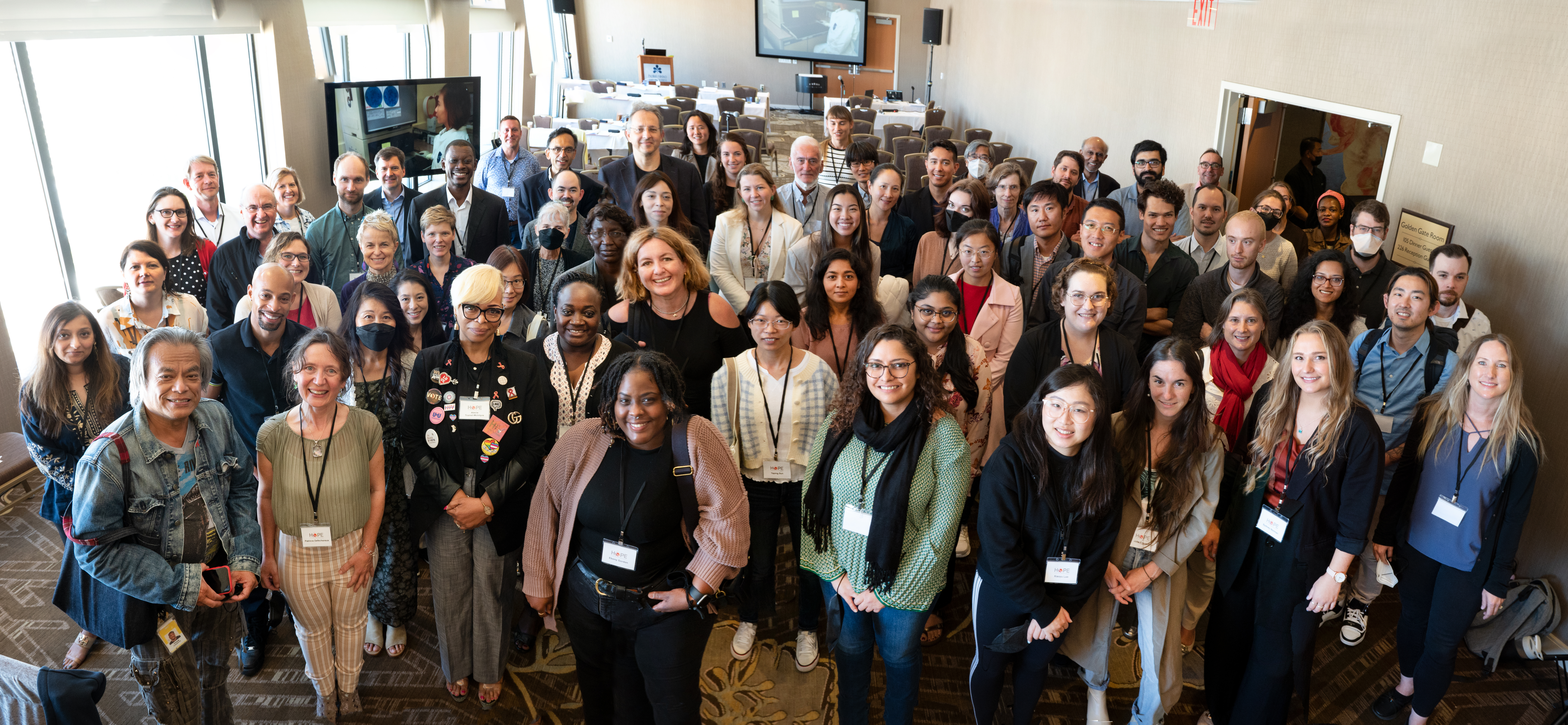Our mission is to find a cure for HIV using a novel “block-lock-stop” approach—which entails the long-term durable silencing of viral expression towards permanent excision of the latent provirus—leading to the control of the virus in the absence of therapy. And to engage the community to increase HIV cure awareness around the “block-lock-stop” approach and understand community concerns around HIV cure strategies.
Over the last 40 years, HIV has shifted from a deadly and mysterious virus to one that can be controlled with daily drugs. But attempts to completely eliminate the virus from the bodies of people living with HIV, curing them for good, have failed. The HIV Obstruction by Programmed Epigenetics(HOPE) Collaboratory aims to both silence and permanently remove HIV from the body, by taking advantage of knowledge about how other viruses have become naturally inactivated over time.
HOPE includes members from 16 institutions around the world, and will also work with two pharmaceutical companies with insight into the development of potential therapeutics from the drugs studied in the labs. In addition, clinical groups will help provide data and samples from people living with HIV in the United States, Africa and Brazil. This multidisciplinary and multi-institutional group of researchers is dedicated to working together with the ultimate goal of developing a cure for HIV.
HOPE is led by Program Director Melanie Ott from Gladstone Institutes, Principal Investigators Susana Valente from the University of Florida Scripps Research, and Lishomwa Ndhlovu from Weill Cornell Medicine. Operations are overseen by Sydney Norman from Gladstone Institutes, the HOPE project and community development coordinator, and Robert Furler O’Brien from the Feinstein Institutes, the HOPE program manager.
Community Engagement efforts are directed by Community Engagement Coordinator, Patricia Defechereux from Gladstone Institutes, in partnership with the San Francisco AIDS Foundation.


